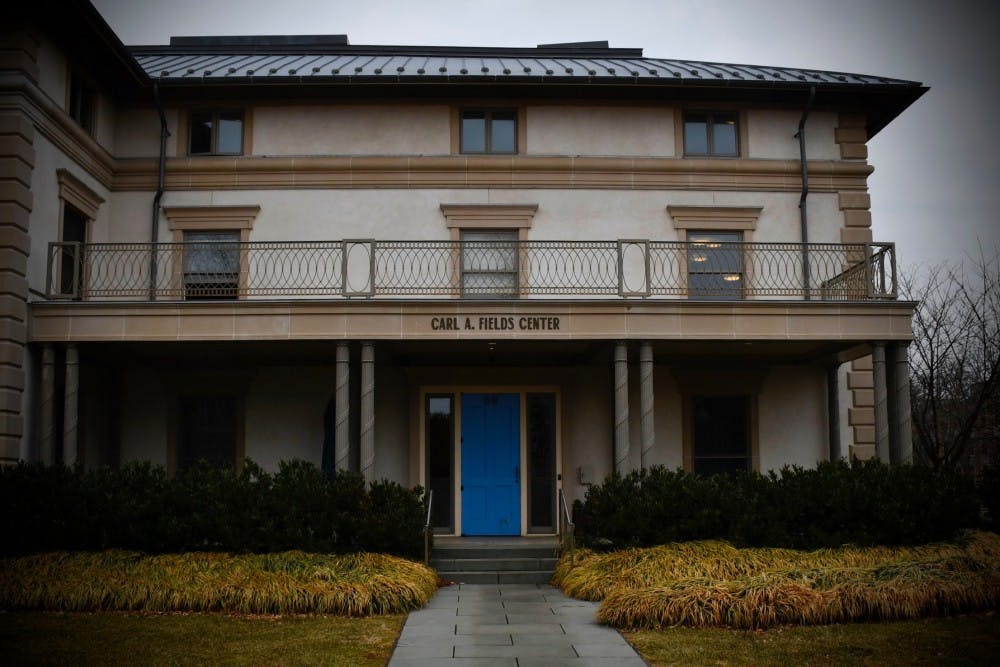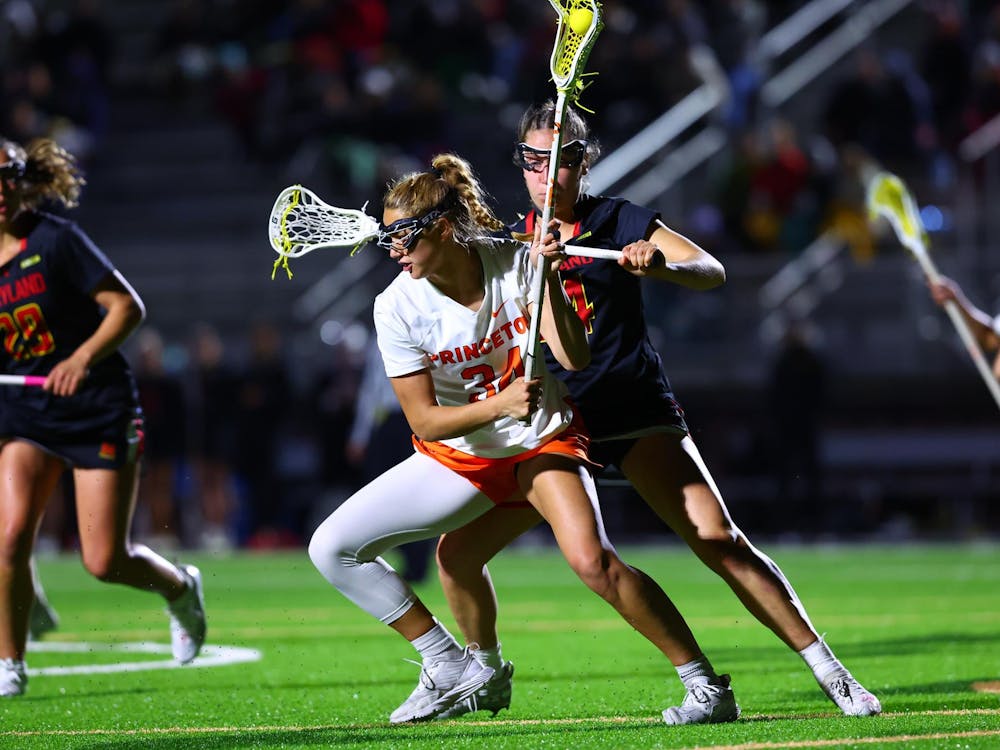Twenty undergraduates are working with the Carl A. Fields Center for Equality and Cultural Understanding (CAF) to engage the University’s student body in critical conversations about equity and inclusion on campus.
Diversity and Inclusion Peer Educators, called “Fields Fellows,” were selected by CAF to promote dialogue surrounding issues of identity as they relate to the University community. The Fellows work year-round, coordinating events that involve students in creative conversations about issues of diversity — and their role is almost entirely student-mediated.
Jes Norman, Education and Outreach Program Coordinator for CAF, is responsible for the selection of new Fields Fellows each year, as well as the program itself, which Norman described as still in its “infancy.”
“I look for someone who is willing to learn and who can understand that ... the process of engaging in social justice isn’t static; it’s a lifelong process. Someone who is open to continually learning, as well as engaging and knowing there are going to be mistakes made,” Norman said.
Fields Fellow Mahishan Gnanaseharan ’20, a politics concentrator involved in the Princeton Asylum Project and a Peer Academic Advisor, emphasized how he values his role in CAF.
“I am first and foremost a Carl A. Fields Center Fellow,” said Gnanaseharan. “A Fields Fellow is a dynamic agent ... whose role is defined by our connection to the Carl A. Fields Center. Our primary task is to be a source of discussion and dialogue around issues of identity,” he said.
Gnanaseharan, who is pursuing a certificate in South Asian Studies, is currently working on a semester-long project related to South Asian experiences on campus, likely focusing on the intersection of gender, sexuality, and religion. He plans to hold, along with other Fellows, a town hall, as well as respond to the community’s desires in order to plan events in the near future.
Brooke Johnson ’22, another Fields Fellow, is an expected African American Studies concentrator from Phoenix, Ariz. She is putting together a series of workshops on concepts of ancestry and lineage, unpacking how they intersect with different social identities. At the end, participants are given the option to take a DNA test and engage with their results in light of the discourse presented in the workshops.
In addition to organizing large-scale discussions such as those spearheaded by Gnanaseharan and Johnson, Fields Fellows respond to requests from organizations, both on campus and in the surrounding area, for facilitated conversations to confront specific concerns within that group.
“A lot of the work we do is work we are approached to do,” Johnson said. “It’s really amazing that certain communities can look at themselves, realize they have an issue, and take tangible steps to address that.”
Engaging in these conversations can be as difficult for the facilitators as it may be for participants.
“There is not just a physical labor to it but also very much so an emotional labor — in sharing your own personal experiences, in navigating being someone who is continually learning about self and the world, while also being an educator,” Norman said.

Their most recent facilitated event was held at the beginning of the semester. The Fellows organized a narrative-based workshop in conjunction with the First Year Residential Experience program, where, through personal storytelling, members of the Class of 2023 reflected on their pathways to Princeton and experiences as they related to those of their classmates.
Johnson stressed the Fellows’ unique proximity to issues on campus in their position as liaisons; they have the ability to respond immediately and substantially to problems as they arise. The Fellows are completely self-guided, setting their own goals and timelines. Although this presents a challenge of prioritization, both Fellows interviewed noted that this level of agency promotes personal growth and the development of leadership skills.
Norman expressed concern about the visibility of the achievements of the Fellows. In a college environment teeming with student groups, events, organizations, and workshops, issues frequently get lost in the shuffle. Part of the job of a Fellow is to make potentially fraught topics accessible to an audience with a variety of experience levels and to expand the reach of their influence to all areas of campus. All three of the interviewees emphasized that the creation of spaces that allow for productive facilitated dialogue is important in any capacity.
The majority of Fellows pursue some sort of service-oriented career after graduation, Norman said. Every graduate of the program, she contended, has applied the skills they developed from their time as Fellows.









